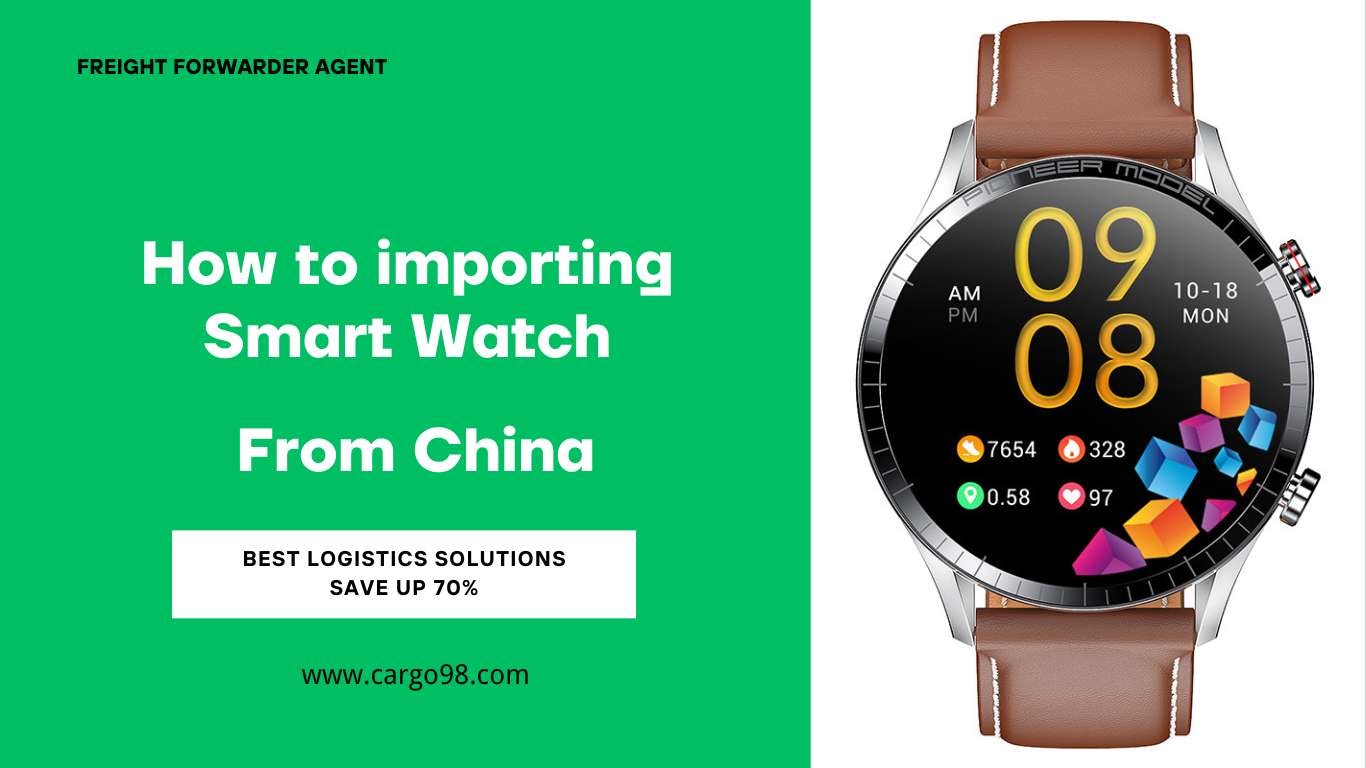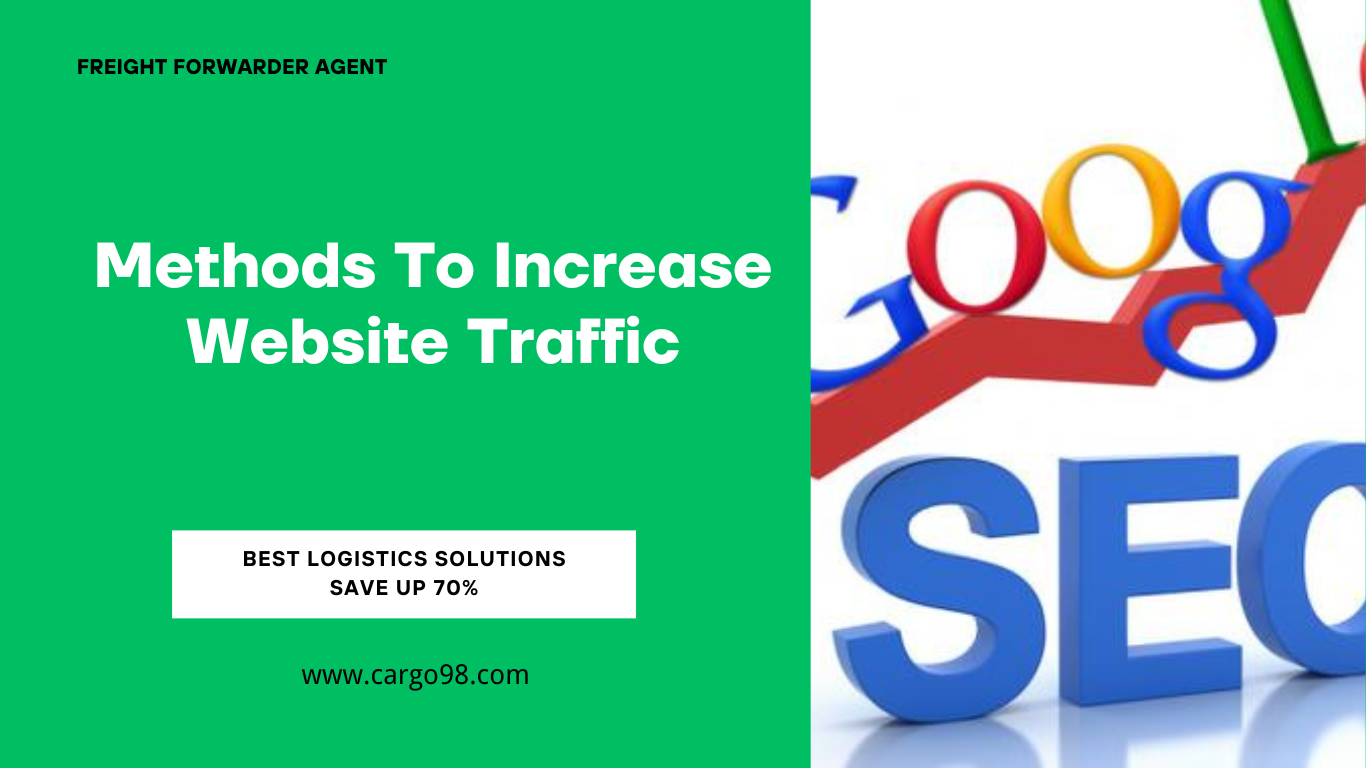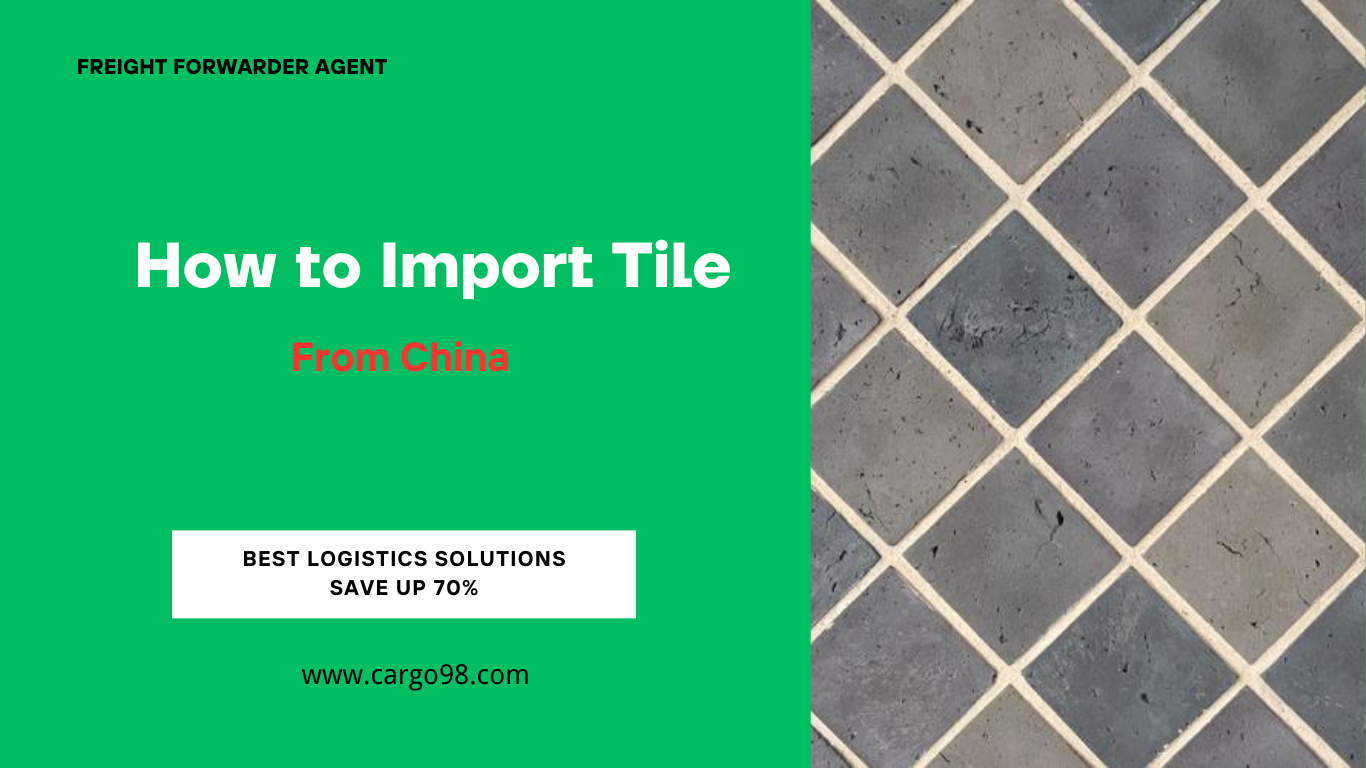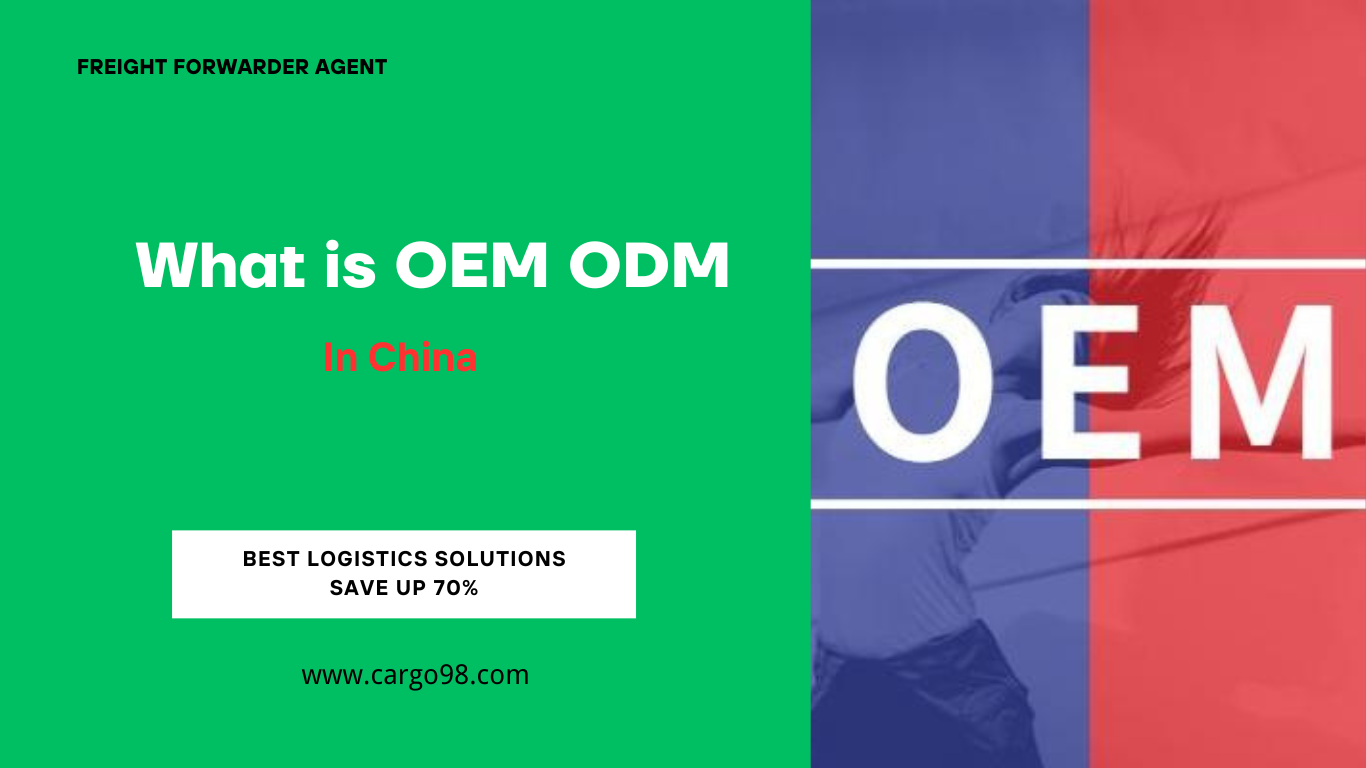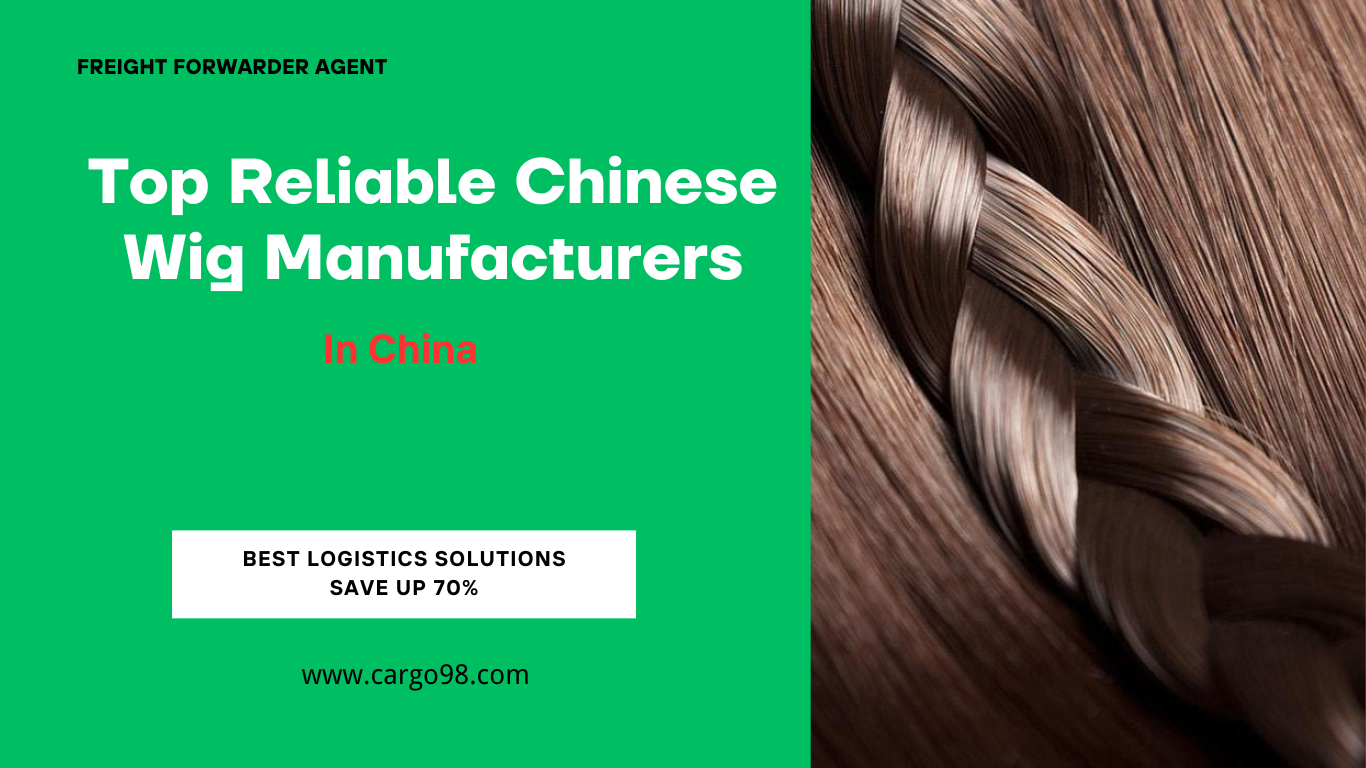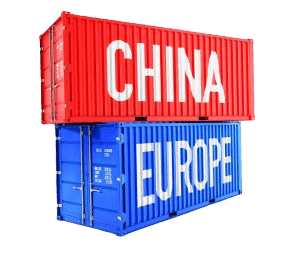International Cost and Company Guidelines for Freight Forwarders and Non Vessel Operating Carriers
Freight forwarders and Non Vessel Operating Carriers (NVOCC) constitute an important component of the Chinese market. International shipping industry. Their most basic function is to assist individuals and companies in importing/exporting goods.
To learn more about freight forwarders and NVOCC, please continue reading.
What is a freight forwarder?
Freight forwarders are individuals (usually referred to as freight forwarders and/or freight forwarders) and/or companies who assist in international shipping logistics. However, they do not transport the goods themselves, but instead sign contracts with international shipping companies to actually transport your goods from point A to point B.
According to your needs, they can provide comprehensive services, including.
- Prepare and archive customs documents
- Prepare a list of goods
- Find and book storage locations
- Handling cargo insurance
- Handling freight and import/export tariffs
- Help Incoterms Rules
- Searching for warehouse space
- Make arrangements for intermodal transportation, including pick-up and delivery
What is a non vessel operating carrier?
NVOCC is quite similar to freight forwarders in many aspects. Non vessel operating carriers, like freight forwarders, do not have ownership of their own vessels. On the contrary, they sign contracts with goods and shipping companies for actual transportation.
They will issue a landing permit (B/L or BOL) for the goods arriving by ship. These documents indicate that the goods have been received for transportation, as well as their origin and destination.
Non vessel operating carriers (NVOCs) are almost exclusively focused on ocean based international container transportation, although many will provide services on either side of the sea freight segment.
What is the difference between freight forwarders and non vessel operating carriers?
Although freight forwarders and NVOCC are often used interchangeably because they provide many similar services, they do have some important differences.
Non vessel operating carriers bear the responsibility for the goods, rather than all freight forwarders doing so.
Companies based on NVOCC and ocean freight forwarding (OFF) in the United States must obtain a NVOCC license. A license issued by the Federal Maritime Commission of the United States for Ocean Transport Intermediaries (OTIs). To obtain a NVOCC license, a financial responsibility certificate must be provided.
Foreign NVOCC does not require an OTI license, but they can still apply if they are willing.
Non vessel operating carriers can own their own containers.
Freight forwarding fees
Please remember that the focus here is on the types of expenses you can expect, not the actual amount you will spend, as it depends on what you are transporting, how far, and so on.
Freight. This is the actual cost of transporting your goods from the origin to the destination. The cost will vary depending on the route, distance, and transportation method. Generally speaking, more common routes and shorter distances are often cheaper, while less common and longer routes are more expensive. In addition, ocean/sea freight is the cheapest mode of transportation, followed by railways and highways, and finally air freight is the most expensive.
Port/cargo charges. This is the cost of loading and unloading your goods at any end of the transportation. Port fees generally refer to the cost of transporting goods by sea, while cargo fees include expenses related to airports, distribution centers, etc.
Customized charges. This is the cost of importing (sometimes exporting) goods internationally. Your freight forwarder should be able to help you calculate how much money you need to pay and to whom.
Consular fees. These are fees related to documents, including notarization fees, document fees, and notarization fees.
Insurance costs. This is the cost of insuring your goods. The cost will vary depending on your transportation method, route, etc. Marine insurance covers sea transportation, air cargo insurance covers air cargo, or contingent cargo insurance is a general insurance that covers any and all modes of transportation, depending on the content specified in the policy.
Handling fees. These are the fees and charges related to loading, unloading, and handling your goods. The cost will vary depending on the weight (lighter ones are generally cheaper) and the degree of danger in transporting your goods (the more dangerous, the more you will pay).
Documents and management fees. These fees are usually collected directly by freight forwarders or non vessel operating carriers to cover the cost of providing documents to relevant governments, shipping companies, and other stakeholders. In addition, these expenses also include the operating costs of freight forwarders themselves and their profits.
BAF and CAF – Fuel Adjustment Factor (BAF) and Currency Adjustment Factor (CAF) are two other feelings you may encounter. BAF refers to adjustments based on oil prices, while CAF refers to adjustments based on currency risk against the US dollar.
Value added tax and other taxes – Depending on the origin and destination port, in addition to all the above, value-added tax and other taxes will also apply.
transportation method
Freight forwarders and non vessel operating carriers can help you transport goods through various transportation methods. For NVOCC, the most common method of transportation is through ocean going container ships, while as freight forwarders, they may specialize in specific types of land transportation.
Sea freight – Most of the world’s freight and goods are transported by container ships using the following methods. This is the cheapest transportation method, but it can only help you transport your goods from one port to another, usually not a door-to-door solution. Ships can be ocean going, coastal, or driven by inland waterways.
Air freight – Although air freight is very popular, due to its relatively high cost compared to sea freight, only high-value, perishable, and/or time sensitive goods are truly meaningful.
Road freight – In most countries, most goods are transported by truck to and from ports and/or airports. Based on transportation distance and road conditions, it is often cheaper than air freight, but more expensive than sea freight.
Railway freight – In countries with developed freight railway networks, railway transportation may be the cheapest ground transportation method. However, railway transportation almost always involves trucks at both ends.
All the above transportation methods allow for LCL (Less Container Load) and FCL (Full Container Load) transportation. A good freight forwarder will help you get the best deals, no matter what you need to transport.
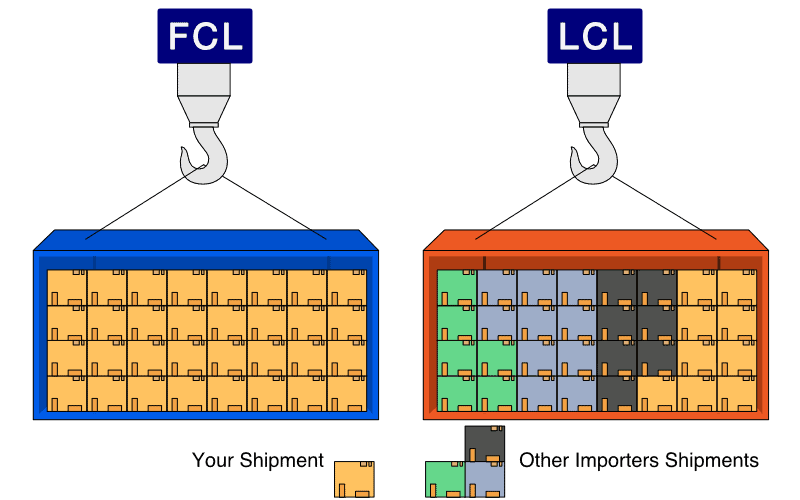
The 6 most important things that affect freight costs
- Transportation method
- Distance and Destination – The farther your goods go, the higher the cost.
- Similarly, less frequent routes, especially dangerous ones, will incur higher costs.
- Weight and volume of goods
- The value of the transported goods: This particularly affects the insurance premiums charged
- The types of goods transported: dangerous goods, perishable goods, and oversized goods will all result in higher rates.
- Freight forwarding fees and fees
Top 10 Ocean Freight Forwarding Companies
- Kuehne+Nagel Company.
- DHL Supply Chain and Global Freight
- China International Shipping Corporation Limited
- Deutsche Bahn Xinke Logistics
- Pantos Logistics
- Panalpina Inc
- Washington International Express Company
- Hanhong Global Logistics
- SDV/Bollore Group
- Damco International
If you have goods that need to be transported from China, please contact us and we will provide you with a full logistics solution
The Ultimate Guide to Amazon FBA Sourcing Agent Service: Do You Really Need It?
Amazon FBA Sourcing Agent Service
what strategy would most help an ecommerce business drive traffic to their website
what strategy would most help an ecommerce business drive traffic to their website

